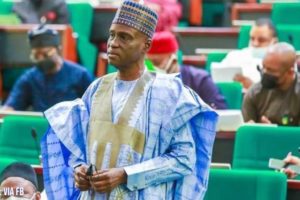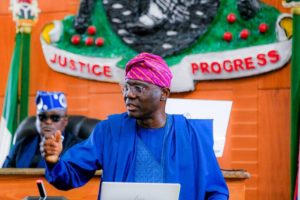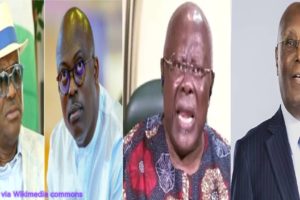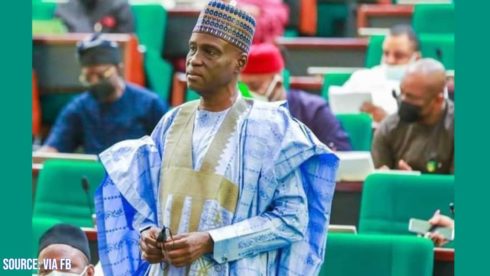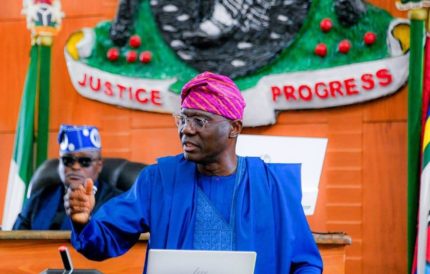The Economic and Financial Crimes Commission (EFCC) has recently announced the reopening of money laundering cases against 13 prominent figures, including former governors and ministers. The total amounts involved in these cases are staggering, reaching over N853.8bn. This move signals a renewed effort by the EFCC to tackle corruption at the highest levels of government.
Former Governors in the Spotlight
Among the notable figures facing investigation are two former Ekiti State governors, Kayode Fayemi and Ayo Fayose. Fayemi, who previously served as the Minister of Solid Minerals Development, is under scrutiny for an alleged N4bn fraud. Meanwhile, Fayose, a two-term governor of Ekiti State, is being investigated for an alleged N6.9bn fraud. The Economic and Financial Crimes Commission (EFCC’s) focus extends beyond Ekiti State to include other former governors, such as Bello Matawalle, currently serving as the Minister of Defence, facing allegations of N70bn money laundering.
Ministers and Their Financial Scandals
The list of those under investigation also includes ministers who served in key positions. Timipre Sylva, a former Minister of State for Petroleum, is under scrutiny for alleged N19.2bn money laundering. Additionally, Diezani Alison-Madueke, a former Minister of Petroleum Resources, is facing multiple alleged money laundering cases involving significant amounts running into billions of naira and millions of dollars. The The Economic and Financial Crimes Commission (EFCC’s) decision to reopen these cases underscores the importance of holding individuals accountable for financial misconduct, regardless of their political stature.
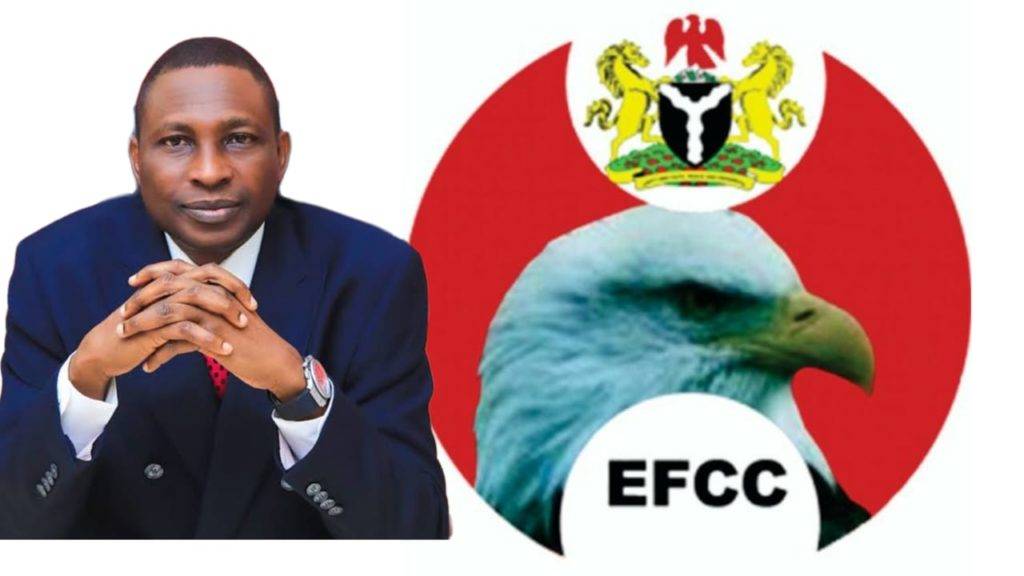
Challenges in Investigating Peter Odili and Legal Complexities
One particular case presents unique challenges—the investigation of former Rivers State governor, Peter Odili. Despite obtaining a perpetual injunction from a Federal High Court in March 2008, restraining the The Economic and Financial Crimes Commission (EFCC) and other security agencies, Odili is still under the agency’s radar for an alleged N100bn fraud. The legal intricacies surrounding Odili’s case raise questions about how the EFCC plans to proceed given the existing court order.
Allegations Spanning Various Sectors
The allegations against the 13 individuals cover a wide range of financial misdeeds, from campaign fraud and non-remittance of pension funds to large-scale money laundering. The EFCC’s comprehensive approach to these cases sends a strong message about its commitment to rooting out corruption across different sectors of government. As the investigations unfold, the public awaits the outcomes, hoping for justice and accountability in the face of such significant financial allegations.
Ministerial Positions and Their Connection to Fraud Investigations: EFCC
Another aspect worth noting is the connection between some of the accused and their ministerial roles. For instance, Fayemi, who served as a minister before his governorship bid, and Sylva, a former Minister of State for Petroleum, are both subjects of investigation. This raises questions about the diligence of vetting processes and the need for stricter measures to prevent individuals with questionable financial histories from occupying crucial government positions.
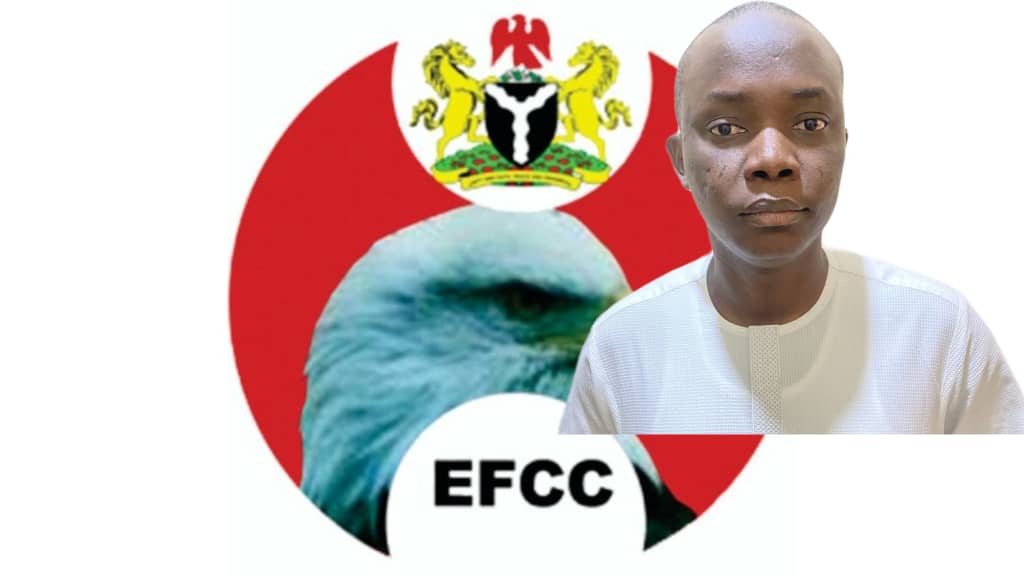
Political Ramifications and Public Perception
The reopening of these high-profile cases inevitably carries political ramifications, influencing public perception and trust in government institutions. As the EFCC pursues justice, it faces the challenge of maintaining transparency and ensuring that the legal process remains unbiased. The outcomes of these investigations will likely have far-reaching consequences, shaping the landscape of Nigerian politics and governance for years to come.
Table of Contents
Discover more from OGM News NG
Subscribe to get the latest posts sent to your email.

